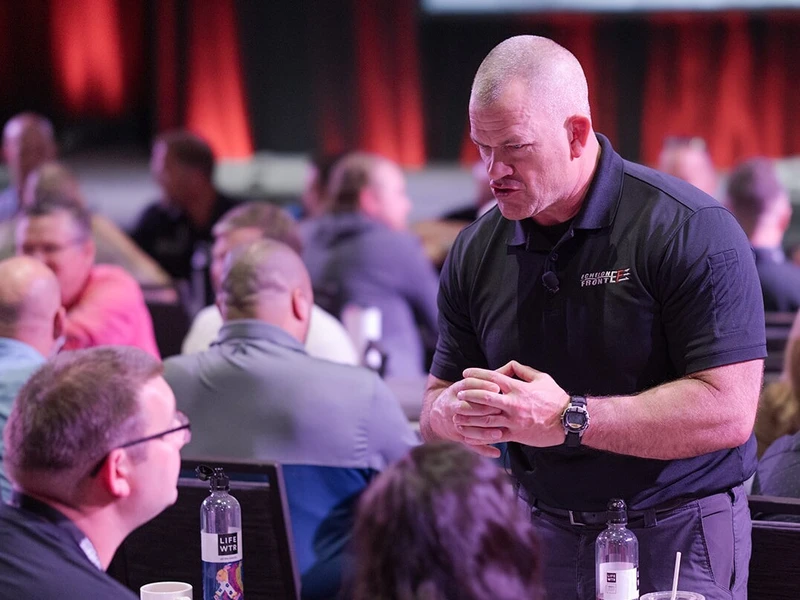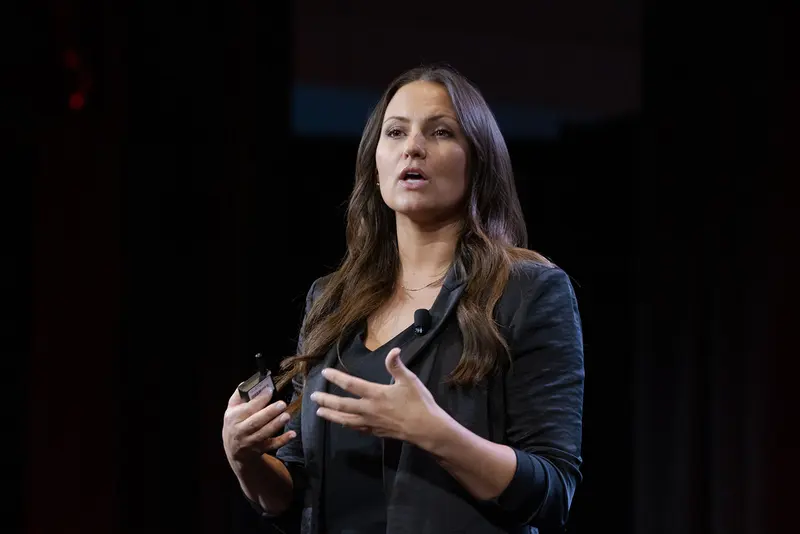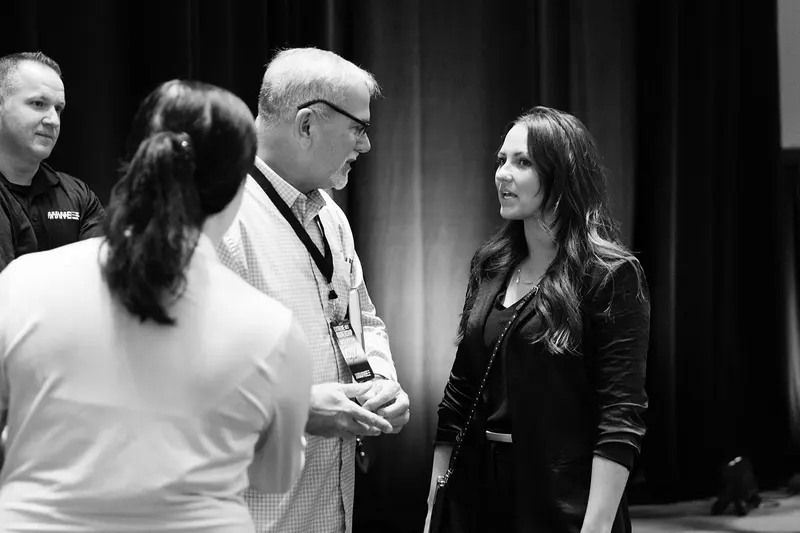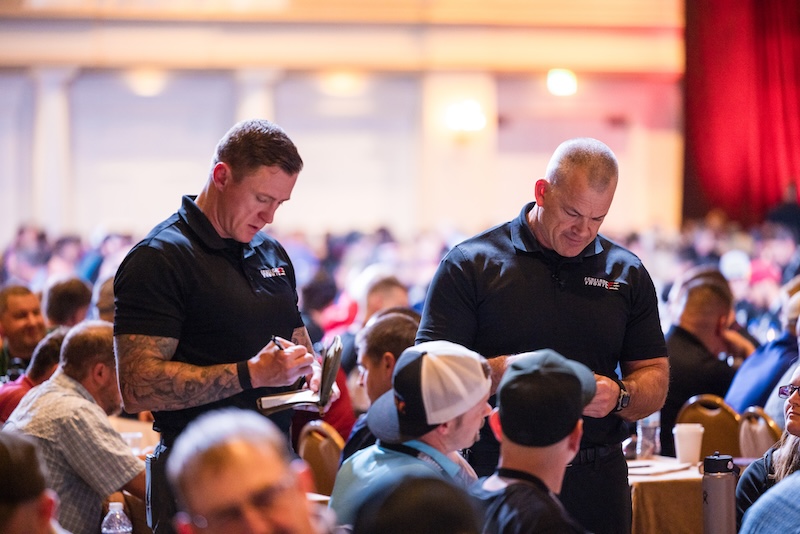Ever wonder if Leadership Development is worth it? We ran the numbers, and it's clear: there's tremendous ROI when you invest in leadership. Click here to read more.
Centralized vs. Decentralized Command: Lessons in Extreme Ownership What is decentralized command? This question lies at the heart of effective leadership. In any organization, leaders face the question of how much control to exert and how much authority to delegate. When leaders ask what is decentralized command, they discover a
What Are Extreme Ownership Leadership Strategies? When people hear “Extreme Ownership,” they’re often wary. It sounds intense, maybe even over the top. But Extreme Ownership is a simple yet powerful leadership strategy. As a leader, you take full responsibility for everything in your world. There is no room for excuses
Leadership doesn’t require you to have all the answers, and it isn’t about doing everything yourself, either. But it requires us to make the best possible decisions in environments of pressure, uncertainty, and competing demands. That reality makes one truth absolutely clear: leaders cannot do everything
If you’ve listened to an episode of the Jocko Podcast, read Extreme Ownership, or ordered protein powder from Jocko Fuel, you’ve probably heard Jocko’s mantra: “Discipline Equals Freedom.” It’s a powerful statement, but it sounds like a contradiction. Discipline is often defined as training yourself to follow rules or a
“Somebody around here needs to be held accountable!” We’ve all heard it. Maybe we’ve said it ourselves. And usually when people say it, what they mean is punishment. Someone messed up, and now it’s time for them to pay the price. But if accountability only means punishment, it fails as
At a recent client event I did with Codey Gandy and Meg Miller, the feedback was overwhelmingly positive. People left motivated and ready to implement Extreme Ownership. But one survey comment made me stop and think: “Echelon Front meets all the criteria but one for a cult.” At first, I
We’ve all been there. You open the dishwasher and immediately feel the tension. Dishes are stacked in total chaos, bowls balancing on mugs, spoons jammed into corners, plates crisscrossed like a game of Tetris gone wrong. You sigh. This isn’t how it’s supposed to be done. So, you fix it.
In any high-performing team — whether on the battlefield, in the boardroom, or in daily life — priorities will inevitably conflict. Projects compete for limited time and resources. Teams face clashing demands. Requests will come down from above that may be ambiguous or unclear. And leaders are the ones who
Workplace conflicts often feel like arm-wrestling matches—tug-of-wars over priorities, resources, or direction. They’re frustrating, inefficient, and they drain team performance. These moments are often chalked up to “misalignment”. But what if we’re not misaligned at all—just focused on the wrong level? That’s where the Ladder of Alignment can help with
No matter the environment, when teams miss the mark, we want to find someone to blame. Perhaps priorities are misunderstood, execution falters, or people seem disengaged. And it’s easy to blame the team. But at Echelon Front, we believe there are no bad teams, only bad leaders. Communication is at
What is Alignment? When we work with businesses at Echelon Front, we often hear people say things like: “we can’t agree,” or “we have competing priorities,” or “they don’t get it.” These situations often prompt leaders to ask, How do I implement team alignment, in the face of competing viewpoints.
Let’s lay the foundation: leadership belongs to those who step up, regardless of gender. It’s about mindset. It’s about ownership. And it’s about taking responsibility for outcomes, no matter the obstacles. That said, I’ve spent over a decade leading teams, working alongside women in high-pressure environments, and navigating leadership from
Jocko has always said: “Few things actually matter. Align your energy and your will on the things that do.” I’ve thought a lot about that idea. Especially when trying to sort through the endless noise, distractions, and priorities pulling at me from every direction. And recently, I was reminded of
Eight years ago, I booked Jocko for a keynote scheduled the day after another engagement he had in Florida. At the time of booking, I called him and told him there was only one flight available that night that would get him to where he needed to be for the
Every leader eventually faces a moment when the situation is outside their control. The market shifts. A client’s business goes under. The weather forecast predicts rain. A competitor encroaches on companies. Circumstances change without warning, and external forces threaten all the team has been working towards. In those moments, stress
One of the most dangerous things a leader can allow – on a team, in a family, or in themselves – is a victim mentality. I’ve seen it firsthand in the Marine Corps, business, parenting, and people from all walks of life. It doesn’t discriminate. The victim mindset can show
When people hear “leadership training,” they often picture boardrooms, business seminars, or maybe even military troops preparing for combat. They don’t usually picture dinner tables, bedtime routines, or the chaos of getting kids out the door for school. And yet, the most critical leadership role many of us will ever
In leadership, change is constant, there are unknowns in every direction, and uncertainty is everywhere. But as human beings, we like to know what to expect and anticipate what’s going to happen. We want answers. We want clarity. And when we don’t get the desired information—when plans change, details are
From Blame to Ownership: Breaking Free from a Victim Mentality Life is full of unfair, unfortunate, and unforeseen events. Things are going to happen to you that are out of our control. And when that happens, our natural human tendency is to find someone or something to blame. That is
Uncertainty is an inevitable part of life. Whether it manifests in personal challenges, professional dilemmas, or societal changes, the inability to predict every outcome can leave us feeling vulnerable and unprepared. Throughout history, uncertainty has tested leaders, innovators, and individuals alike. Understanding how to deal with uncertainty is not merely
How to overcome victim mentality? The answer is ownership. Early in my time at Echelon Front, I was at an event with Jocko. During the Q&A session, a man stood up. His face was heavy with emotion. His voice was tense, not with anger, but with something deeper. Desperation. “You




















